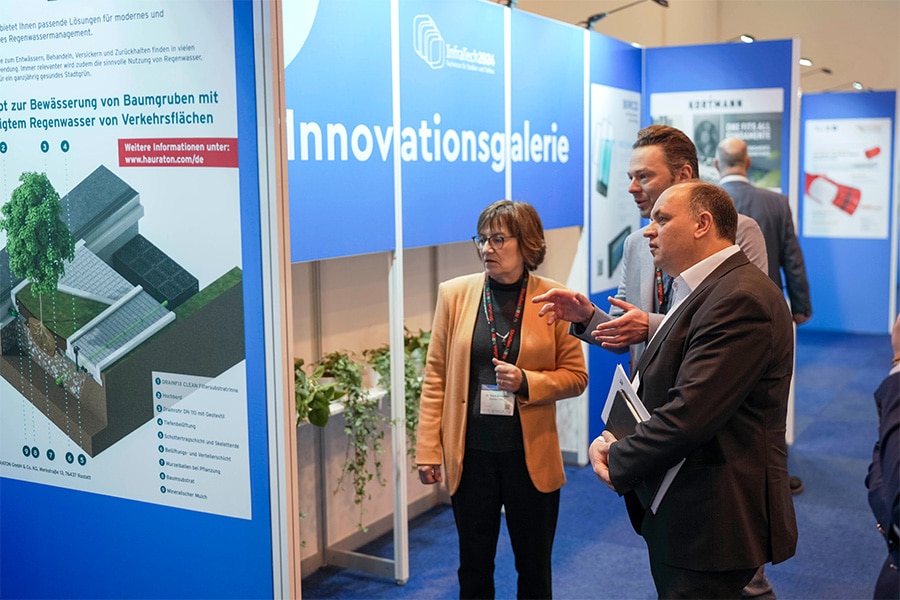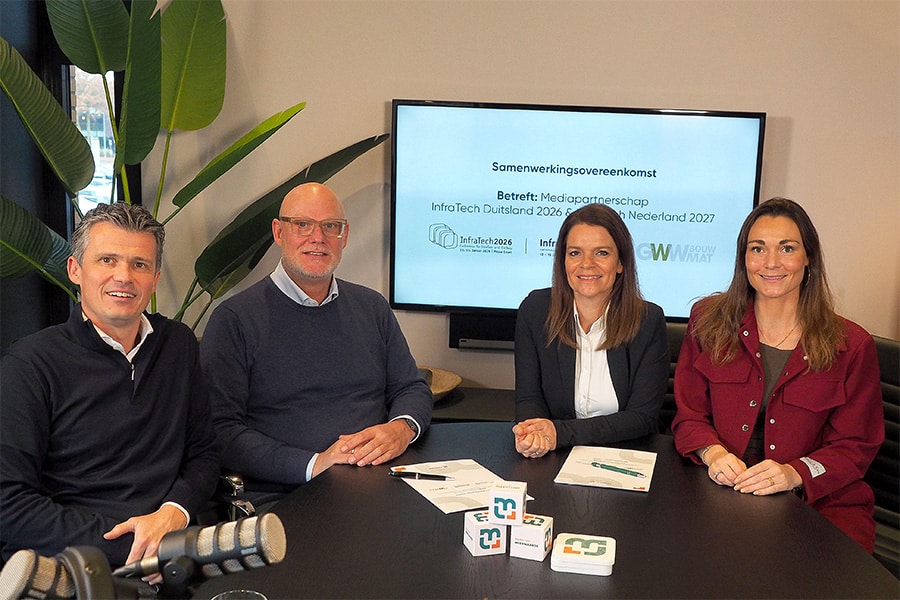
Whatever the future brings: we are ready for it!
Scarcity in raw materials, high bitumen prices, stricter environmental requirements ... these are just some of the challenges on the way to the 2030 and 2050 goals. Latexfalt sees innovation, sustainability and cooperation as the way to success for road building, construction and industry. The company acts as a connector between oil refiners and customers, sourcing bitumen and processing it into systems and solutions in various sectors. "As a frontrunner in the innovation process for sustainable alternatives, we see plenty of opportunities for circular road construction," says Foeke Elzinga, Manager of Commerce at Latexfalt.
Co-creation
According to Elzinga, developing sustainability is really a matter of co-creation. "You have to do something like this together with customers, (knowledge) partners, Rijkswaterstaat and the oil industry, from which we buy our products. A wait-and-see attitude is not helpful in this regard, so it is important to sit down with the right people and make decisions." Quite a process, according to Elzinga. "We've been working on these ambitions for a while now, still have a long way to go but see that it's already starting to bear fruit on several projects."

Life-extending maintenance products
"The nitrogen debate, emission guidelines, rising bitumen prices, scarcity of raw materials and an asphalt volume that is declining substantially are causing a flight into life-extending products," Elzinga observes. "Because if you don't replace, you have to find alternative ways to maintain the roads." This concerns not only highways, but also inner-city and rural roads. Latexfalt's strength and added value lies in the applications, solutions and products they have with which -at a relatively low price per square meter- sustainability ambitions can still be achieved.
Producing asphalt with low temperatures
"Our goal is to create products that the market is waiting for. In doing so, we do not need to reinvent the wheel at all, but are instead looking for parties to innovate. In doing so, we take a central position in the chain," says Elzinga. For example, Latexfalt's strengthened R&D department works with TNO, the University of Delft and a number of market parties (including contractors), among others. "We are developing products with which asphalt can be produced at low temperatures. The Dutch market sets 130 degrees Celsius as the limit, but within this collaboration we are investigating whether that temperature can be even lower." These innovative ideas are being closely followed from the sidelines by interested parties at home and abroad. Elzinga concludes, "By knowing what the market needs, you can use co-creation to innovate towards sustainable bituminous products, in the interest of a sustainable future." Latexfalt will be at InfraTech 2023, at booth number 1.031.




